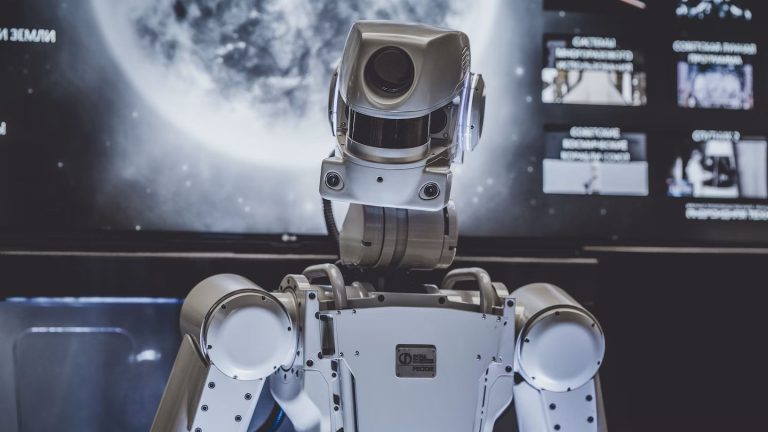Deep learning has revolutionized the field of artificial intelligence, providing the backbone for some of the most exciting advancements in the tech world. With the ever-growing need for efficient and powerful machine learning models, the choice of the right deep learning library becomes crucial. In this blog post, we explore the best deep learning Python libraries in 2024 that are known for their speed and efficiency in model development.
Stay up to date!
🟢 Keras
Keras simplifies deep learning with its user-friendly, high-level API, capable of running atop TensorFlow or Theano. Ideal for beginners and experts alike, it streamlines the building and training of deep learning models.
🟢 PyTorch
PyTorch is favored among researchers for its dynamic computation graphs and robust GPU acceleration. It is known for its Pythonic ease of use and compatibility with dynamic neural networks.
🟢 Lightning
Focused on speeding up the AI development lifecycle, Lightning is ideal for rapid model development and scalability. It supports quick deployment and integration of AI into products and services on top of PyTorch.
🟢 TensorFlow
Developed by Google, TensorFlow is the most popular deep learning framework, offering a comprehensive and flexible ecosystem. It is widely used in both academic and industrial settings for its extensive resources and community support.
Retired Libraries
The following libraries are considered retired, inactive, no longer supported or no longer available.
🟡 MXNet [RETIRED]
Balancing efficiency and flexibility, MXNet was a deep learning framework optimized for both research and applied projects. It supported multiple languages and excels in performance and scalability.
🟡 Theano [RETIRED]
Theano specialized in fast numerical computation, essential for optimizing large-scale neural network algorithms. It was highly effective for complex mathematical operations in deep learning.
🟡 Caffe [RETIRED]
Caffe was a renowned open-source framework designed for deep learning, celebrated for its speed in processing models, particularly in image classification and convolutional neural networks. Its modular architecture offered adaptability across various applications.
Conclusion
These libraries represent the forefront of deep learning technology in 2024, each offering unique capabilities to suit different needs in the AI field. Whether you are venturing into AI as a beginner or pushing the limits as an expert, these tools provide the foundation for developing fast and efficient deep learning models.


